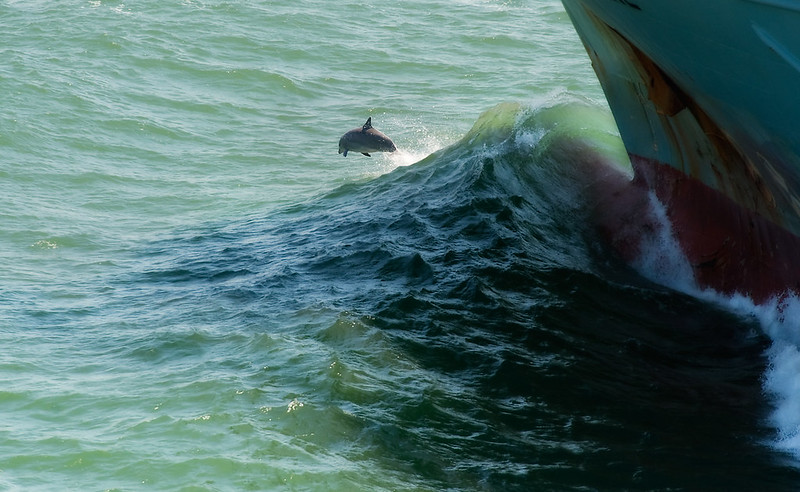The European Community Shipowners’ Associations (ECSA) welcomes European Parliament support for key provisions under the revised Emission Trading System (ETS) for shipping. Under the new regulations, ETS costs will pass through to commercial operators and 75 per cent of the revenues will end up in the Ocean Fund.
The Parliament has backed the “polluter-pays” principle, by ensuring the mandatory pass-through of the ETS costs to the commercial operators of the vessels through contractual clauses. The Ocean Fund is a sector-dedicated fund that will earmark 75 per cent of the revenues generated by the shipping allowances to the energy transition of the sector.
ECSA previously called on the Parliament and the Council to include these provisions in the EU ETS. The outcome of the vote in the Environment committee (ENVI) is a good starting point for the future negotiations between the European Parliament and the Council.
Also read: European shipowners support EU proposal to make operators pay for EU ETS
Significant step forward
‘Although our first preference has always been an international regulation for shipping at the IMO level, European shipowners recognise that the sector should contribute its fair share to address the climate crisis at the EU level as well,’ says Philippos Philis, ECSA’s President. ‘The mandatory pass-through of the ETS costs to the entities responsible for operational decisions will ensure the proper implementation of the “polluter pays” principle. Although the position of the Parliament needs to be improved on certain points, it is a significant step forward.’
Sotiris Raptis, ECSA’s Secretary-General, adds: ‘A lot of work still needs to be done but the outcome of the vote is a strong signal that the European policy-makers are keen to listen to the proposals of the shipping sector. The earmarking of the revenues is essential to finance R&D projects and to bridge the price gap between cleaner and conventional fuels. Eighty per cent of the current ETS revenues are used for the energy transition of the European economy and we want to see the same happening for shipping. It’s a make-or-break moment for the decarbonisation of shipping and the competitiveness of the sector.’
Also read: ECSA appoints Sotiris Raptis as Secretary General
Ice-class vessels
The Parliament has also presented a proposal to address the issue of the ice-class vessels, which is one of the elements highlighted by ECSA’s position. In this regard, European shipowners look forward to engaging with the Parliament and the Council to reach an adequate solution.
The proposals were supported by an overwhelming majority in the Environment Committee (proposal on the commercial operator: 76 in favour – 3 against – 9 abstentions and proposal on the fund: 68 in favour – 20 against).
The final vote at the Plenary of the European Parliament is scheduled for June. Negotiations between the Parliament and the Council will be launched once the two institutions adopt their positions.
Also read: ‘When the IMO fails to deliver, shipowners must take charge’
Picture (top) by Louis Vest, Flickr.








